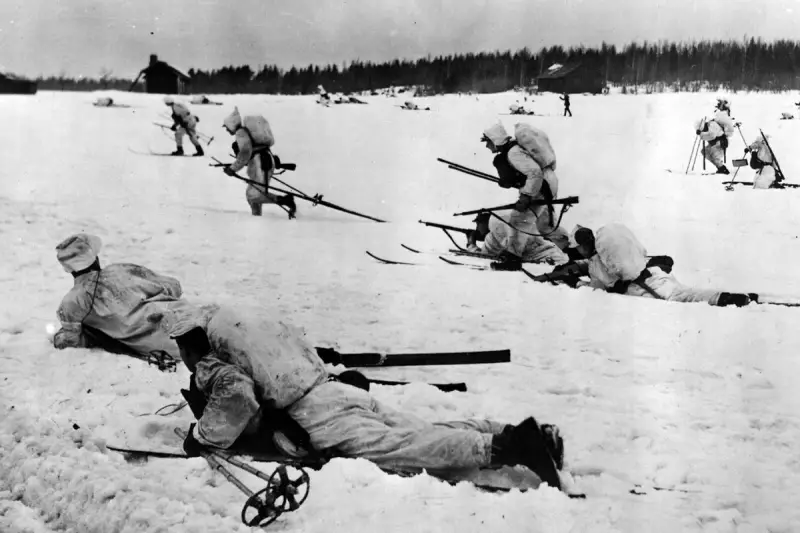
While peace proposals for Ukraine dominate international discussions, Finnish forces are actively preparing for potential Russian aggression along their 190-mile border. This modern defence strategy draws direct inspiration from their nation's legendary Winter War of 1939-40, when Finland miraculously held off Stalin's Soviet army against overwhelming odds.
The Forgotten War That Changed History
The Winter War represents one of modern history's most remarkable David versus Goliath conflicts. In 1939, Josef Stalin's Soviet army advanced on Finland expecting a swift victory, much like Vladimir Putin's assumptions before invading Ukraine. What followed instead was a brutal three-month campaign that left more than 130,000 Russian soldiers dead before the Soviet Union signed a peace treaty in March 1940.
Finnish troops fought in merciless conditions, with temperatures plunging to -40°C, yet managed to forge an imperishable myth of national defiance. Finland, with a population of just 5.6 million, could barely muster 900,000 fighting men against the Soviet behemoth.
Winter Warriors: Literature Meets Military History
The extraordinary story of Finland's resistance has found new voice in Olivier Norek's gripping novel 'The Winter Warriors'. The award-winning French crime writer undertook gruelling research in sub-arctic conditions to document this ninety-day campaign where 20 million shells were exchanged and "the Earth almost cracked."
Norek's work focuses on legendary sniper Simo Hayha, known as "The White Death," whose incredible marksmanship became symbolic of Finnish resistance. The author captures the brutal reality of combat where "the first kill of the day was always painful. The second anaesthetised whatever feelings of pity he still had; by the third, he was nothing more than a machine..."
Modern Parallels and Historical Warnings
The historical significance of Finland's Winter War extends far beyond its immediate outcome. The Red Army's humiliation attracted Adolf Hitler's attention, influencing his decision to launch Operation Barbarossa - the largest invasion in military history that ultimately met its doom at Stalingrad.
Today, as Finnish forces rehearse guerrilla tactics in their northern forests, and Swedish soldiers participate in training exercises along the Finland-Norway border, the lessons from 1939 feel increasingly relevant. The concept of Sisu - an untranslatable Finnish word representing extraordinary determination - continues to define the nation's approach to potential threats.
For European readers dismayed by the stalemate in eastern Ukraine, where landscapes resemble 1916 Flanders, Finland's Winter War offers a timely history lesson about the limits of Russian aggression and the power of determined resistance.





